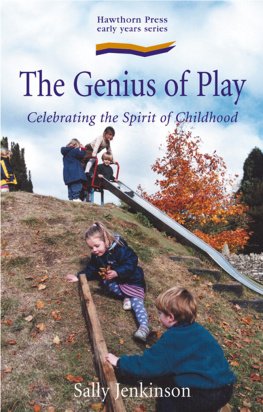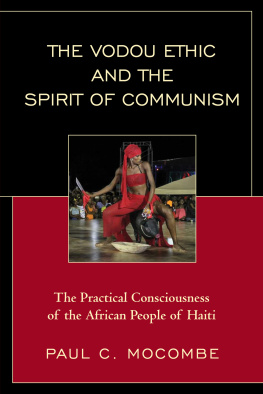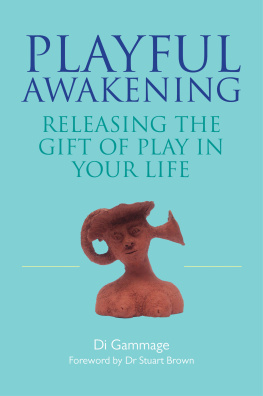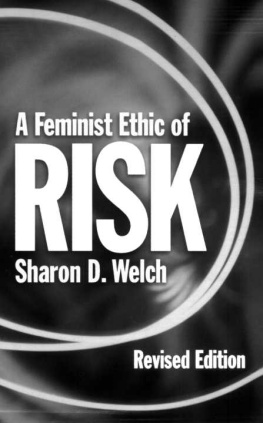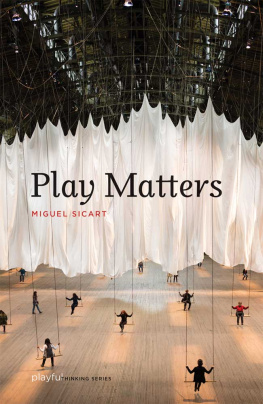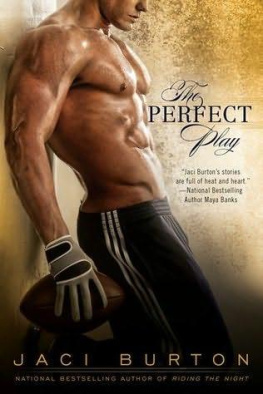
to the net
shes everything 2 me
We refuse a world where the guarantee that we will not die of starvation entails the risk of dying of boredom... We can escape the commonplace only by manipulating it, controlling it, thrusting it into our dreams or surrendering it to the free play of our subjectivity.
Raoul Vaniegem, The Revolution of Everyday Life, 1967
It doesnt matter what I think it plays.
John le Carr, Tailor of Panama(film), 2001


Surely by now we know what play is: what it means, when it happens; what it means when it happens.
The puritans have been telling us since the Reformation that play is at best trivial, at worst demonic and at the very least not work. And if we use the word to describe the boundary-challenging, reality-defying, insanely optimistic, relentlessly experimental activity of children, then we usually think we know what we mean by play.
Play can be beautiful, silly, perplexing, simple, funny, surreal. It can be distracted or obsessed; and it always seems to slip away from the standard rules of measurement, through being either too inconsequential or too diffuse. But we usually trust that it has been confined, at least; kept to the margins of our competently functioning adult society. Play is something childish, something we have put behind us, and something we only allow ourselves to recover in moments of permissible excess.
And when we do play enjoying it, not regretting it, letting it take us over we make our excuses. Surely play is so exceptional, so beyond the everyday norm, that it can have only a temporary rather than a permanent effect. Surely this is where (and when) were allowed to break free from the ethical, the humdrum from the anxiety of how we should live our lives now. Surely we should be thankful that play can do that for us, at least. Cant we just leave it there?
Why do we need a play ethic of all things?
A play day
It only takes one day of considered reflection as we move through our city streets and surf our cultural resources, as we converse intimately and impersonally with others, as we dream and scheme, plan and imagine
To play is to engage oneself. As a first step to seeing beyond the trivial, that sounds about right. Lets take this particular day 28 April 2003, spent mostly at home, in my neighbourhood in the West End of Glasgow to briefly measure the presence of play in my own daily experience as a writer, musician, father and citizen.
The most obvious way to begin is to do what Ive been doing for years now by noting the way that the concept of play, even the word itself, seems to be one of the great unarticulated metaphors of our times, informing public discourse of all kinds, from the most apparently substantial to the most obviously trivial. From the start, this day has been a richly ludic Tuesday indeed. In fact, its easier to begin my search for examples of play at the grandest levels of power, money and realpolitik, than in the foothills of fun. War games, at the moment, are not hard to come by.
The recent conquest of Iraq by a non-UN-mandated alliance of the US, UK and a motley crew of other suppliant nations still mostly dominates my morning papers.
The Guardian runs two stories on the same geopolitical theme, both hingeing on ludic metaphors. In an analysis on the divisions between old Europe and new Europe (US Secretary of Defense Donald Rumsfelds attempt to distinguish post-communist European states from France and Germany), a Czech foreign minister comments that there has to be an integration in Europe, but an integration built by all the players, not by one or two. The journalist Ian Traynor notes that Eastern Europe was turned into a playground for the feuding Americans and West Europeans.
Now one could note other structuring metaphors in todays papers, but what I want to emphasize with these examples is the non-triviality of certain kinds of play. The scholarship of play can readily support this. Johan Huizinga wrote his masterwork Homo Ludens, while being held in detention by the Nazis from 1942 till his death in 1945. Huizinga claimed that philosophy, law and politics were all born out of agonism the contesting of viewpoints and positions in the public sphere, which needs a spectating audience to guarantee its credibility. As political leaders and military strategists deploy their game plans over the heads of terrified civilian populations, we might lament our ineffectuality, and rail at their irresponsibility. But they are being players, nonetheless. A fastidious disdain for the ludic, in this context, doesnt take us very far.
There are humbler versions of this political agonism knocking around the broadsheets today. In the same edition of the Guardian, the coming leader of a British trade union is described as a new player at the centre of things, and everyone is struggling to work out who he really is: Mr Kevin Curran, for his part, has a stark analysis of the state of play between the unions and the government. The usual political tussling, then but also with a sense of play as a display: the management of feeling and perceptions through language or spectacle.
And one extra detail of political play: a small piece reporting an interview with Tony Blairs brother Bill who claimed that people have tended to underestimate the role my mother played in forming Tonys view of life (she died when the future Prime Minister was twenty-two, after prolonged periods in hospital). So yet another example of play inserts itself into the political process the psychology of a powerful global politician being shaped by the dramatis personae of his childhood, that inescapable cast of characters called family. The picture at the top of the piece is of young Bill and Tony Blair in their shorts and pudding-bowl haircuts, proudly playing on their pushbikes. For the record, Tony looks the more joyous and blissful, clearly showing off.
Cue the psychohistory, if you wish.
Its a truism among aid workers that when traumatized children of war start to play again, they have begun the process of managing their grief. The basic psychology of childhood play, as most of the standard texts will tell you, is that its a way to safely master the complexities of the world. Yet here we see a darker element of childs play: war children consciously playing with the very technological violence that has turned their towns to rubble, killed their relatives and battered their psyches. Playing, as it were, with the very chaos, instability and fatedness of their lives with their very lives.
So we think we know what play is? If we truly listened to the culture around us, wed understand it a lot better.
We can allow play to be play, of course to let it simply do its subversive, turn-the-world-upside-down thing, joyously refusing (or refuting) all utility and practicality. But even that is never quite as simple as it looks.
Having escaped from the flat for provisions this afternoon, I return home with two presents and one drop-jaw memory. The two presents were bought from one of these super-girly accessory shops that are opening up around here little oases of super-hip kitsch, inspired as much by downtown Soho as downtown Tokyo (except theyre located in Byres Road, outside the gothic ruin of Glasgow University). The presents are two red plastic purses called Pucca Funny Love: she is a sweet daughter of owner of the Chinese restaurant, and the purses depict a Funny Love story of the tomboy Pucca and her eternal love Garu who Pucca has just socked with her boxing glove. They are for my two daughters, who have been abandoned by me as this book intensifies, but who I will see next week, when things ease off. The purses are daft enough for them to love, which I hope will instantly trigger all the love they have inside for me. There is no sophistry or feinting in this play. Its a toy arrow, travelling from heart to heart.
Next page


